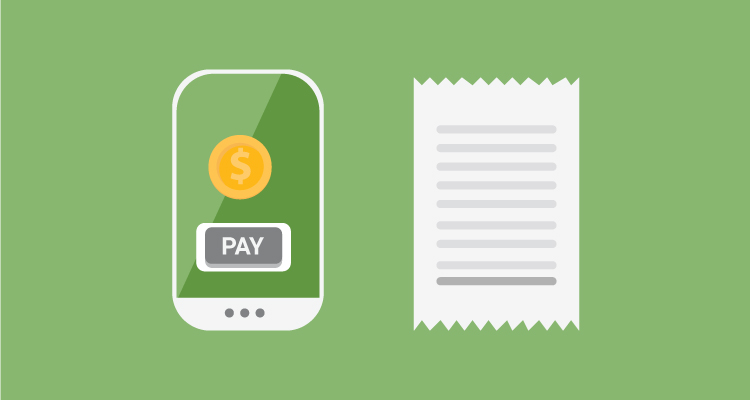I recently hired a house cleaner and someone to care for my yard. Rather than paying with cash or by check, I use P2P payments. I’m not alone. This type of payment is on the rise around the world and in the United States.
Being able to use P2P payments is much more convenient. I can barely remember the last time I used a check to pay for anything. And it’s always a pain to make sure I have cash when needed.
But what about using P2P payments for your business? Does it make sense?
What Kind of Business Do You Have?
Depending on your business, P2P payments may or may not make sense. A business that doesn’t require a lot of regular payments might be able to get away with using these types of payments. If you send money only on occasion and you don’t send it much, P2P payments can work.
On the other hand, though, it might not work as well when you have more payment needs. If you pay employees regularly, you won’t be able to set up payroll very well — there are no tools for managing taxes.
Plus, you might have to keep track of what you pay out and issue a 1099-MISC. Which is, frankly, a nightmare for contractors. When you are paying other people, it can make more sense to set up another payment system to better manage and ensure that taxes are properly accounted for.
However, if you are a merchant or creative business owner selling things you make yourself, accepting P2P payments can make life a little easier. You will still have to report sales tax, depending on the state, but it can also mean that it’s you can accept payment in almost any situation, without the fees that can sometimes come with a merchant account.
Accepting P2P Payments from Clients and Customers
It might not be any better to accept P2P payments from your clients and customers. While I like using Venmo to pay my service providers, and they like accepting it for things like house cleaning and yard maintenance, using Venmo or a similar system to bill my own clients doesn’t appeal.
This is because I like to be able to create a professional invoice to send to my clients. Many payment systems don’t allow for an invoicing system. You certainly can’t manage invoices effectively with many P2P payment apps. Instead, as a freelancer or other professional, it often makes sense to use a payment system that can facilitate credit card transactions.
Yes, I pay higher fees in order to use a system like Due to send invoices and receive payments. However, technology means that this system still costs less than a traditional merchant account — and my clients can pay with credit card, which they like.
Another advantage to using an invoicing and payments system is that, depending on the situation, you might be able to have the money transferred automatically to your bank account. I don’t have to make any special moves to get my money from my client to my bank account. It’s convenient.
Decide When P2P Payments Make Sense for You
All you have to decide is when P2P payments make sense for you. Some of my transactions are made easier when I can just send money. Whether it’s splitting the cost of concert tickets with a friend or paying the guy that does my lawn, P2P is easy.
However, when it comes to getting paid for the work I do, I’d rather use a professional invoicing system.













